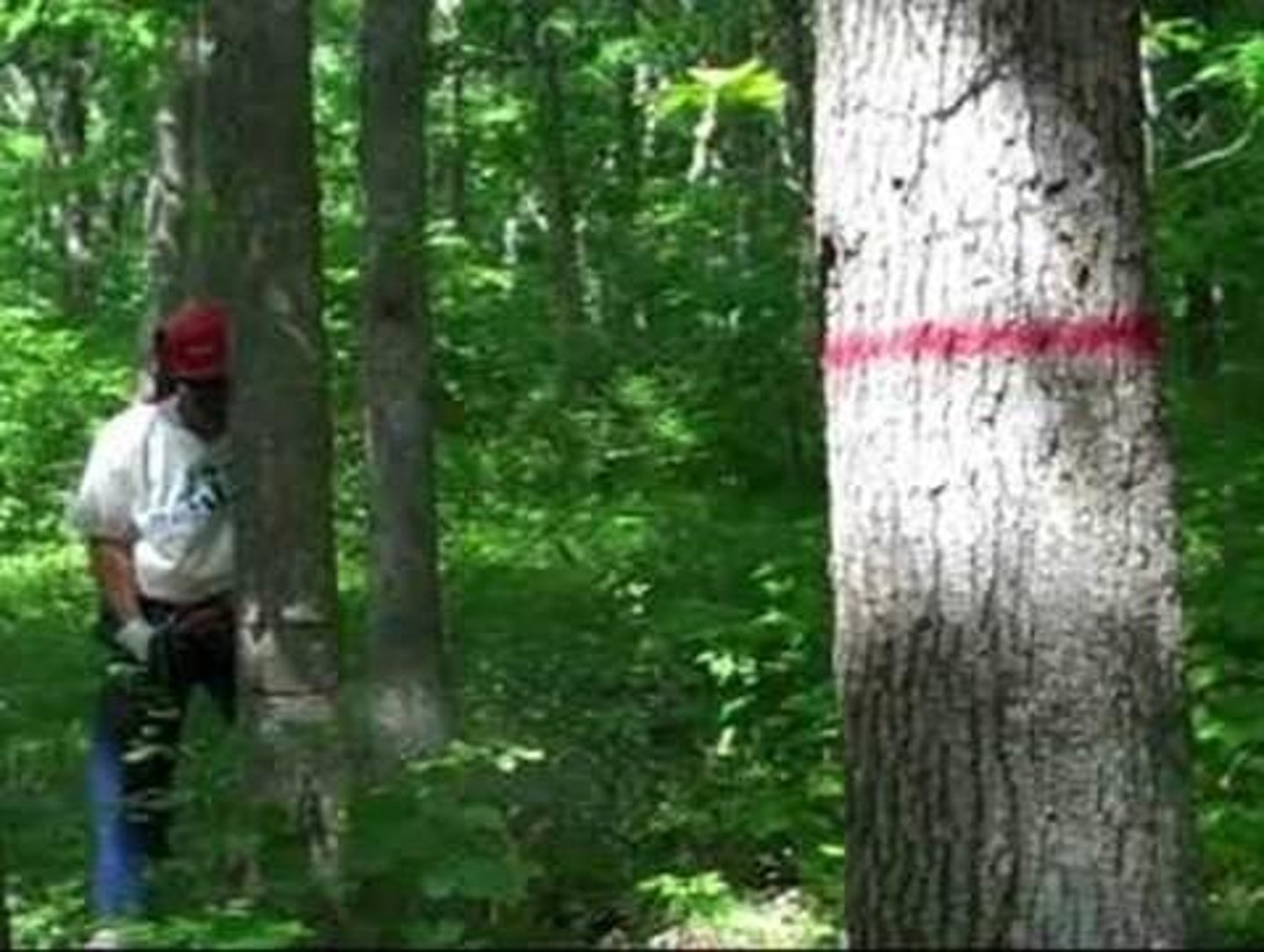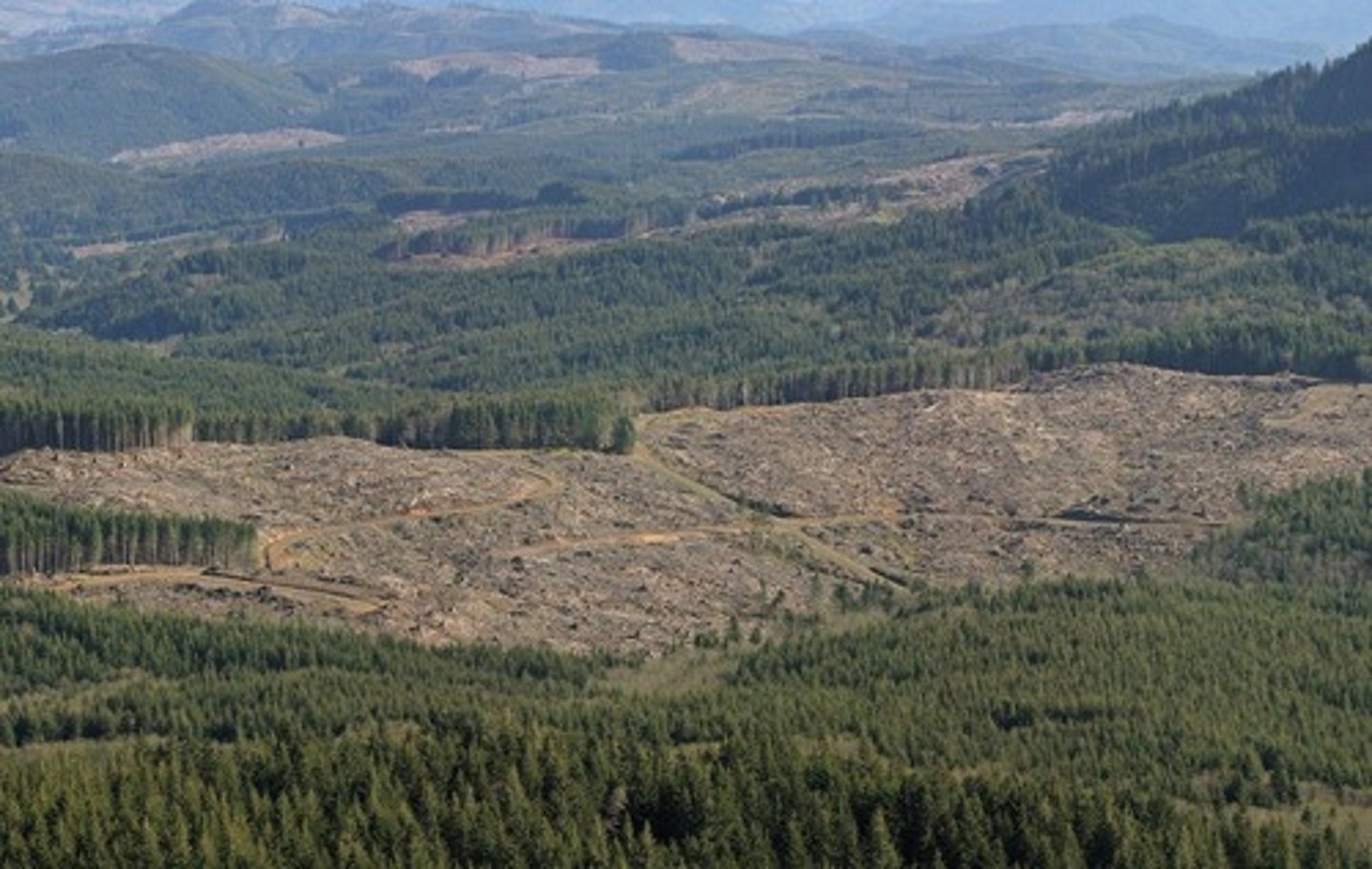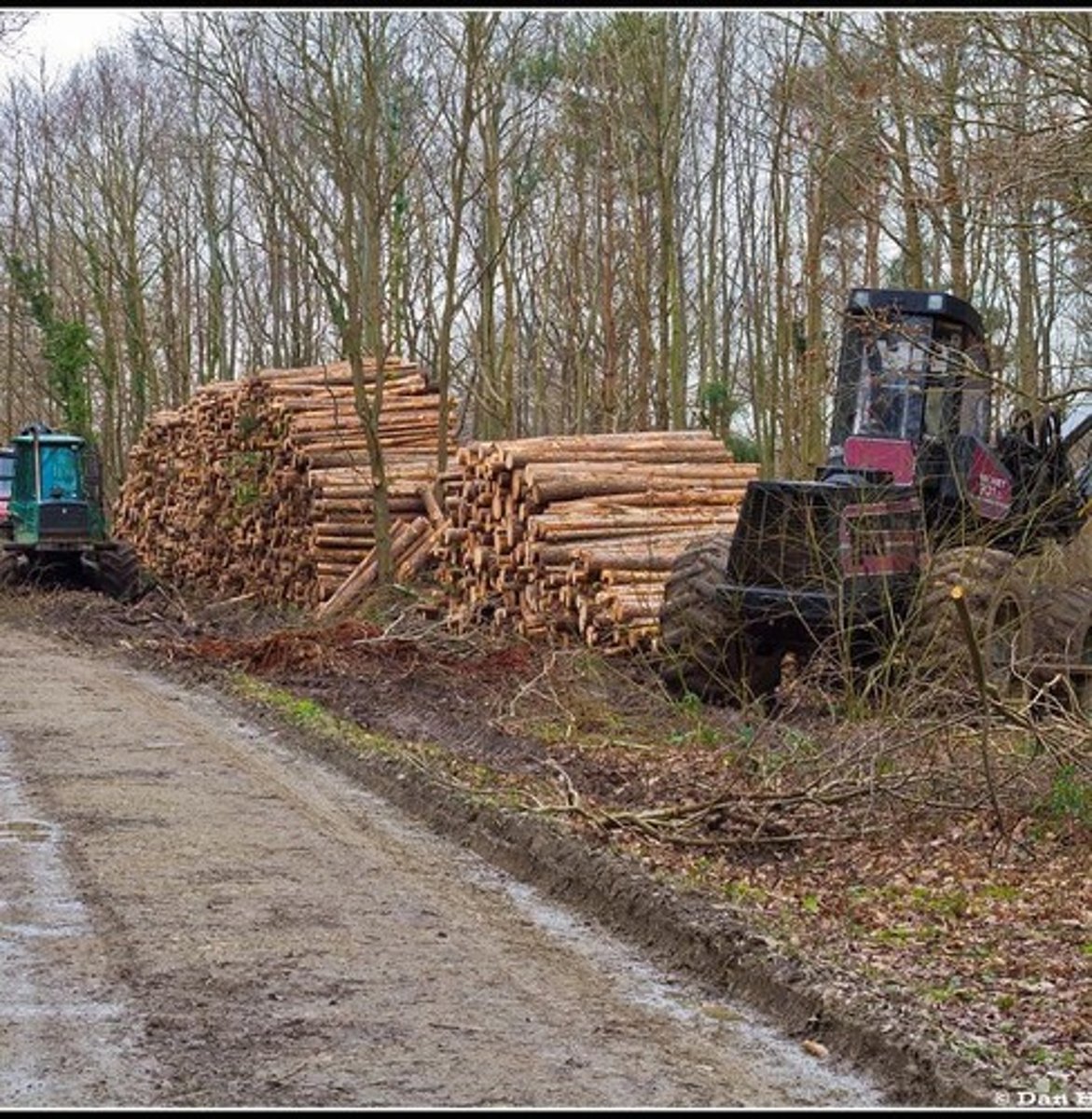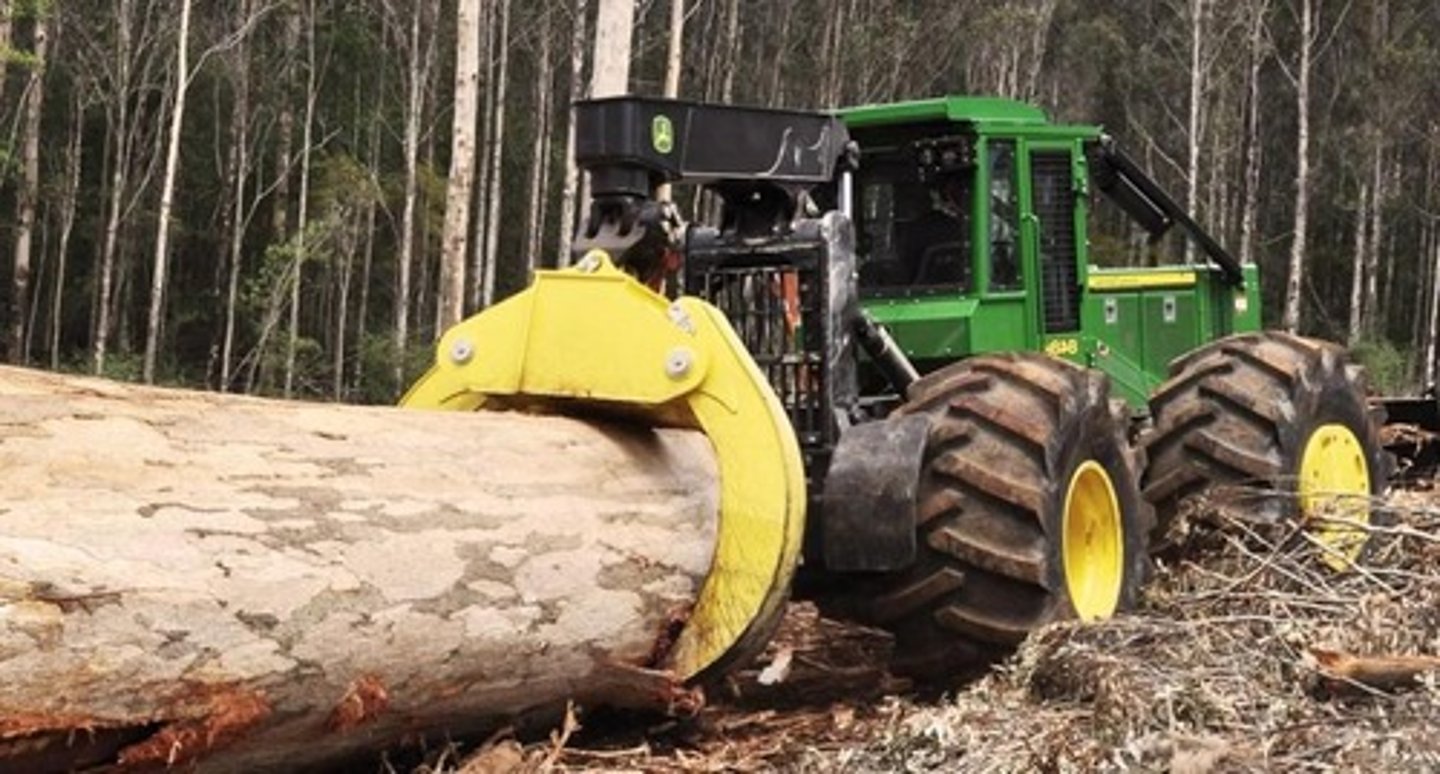Timber Harvesting Techniques and Systems in the Philippines
1/120
There's no tags or description
Looks like no tags are added yet.
Name | Mastery | Learn | Test | Matching | Spaced |
|---|
No study sessions yet.
121 Terms
Timber Harvesting
Process of extracting trees to processing mills.
Felling
Cutting down trees for harvesting.

Delimbing
Removing branches from felled trees.
Debarking
Removing bark from logs.
Bucking
Cutting logs into specific lengths.
Chipping
Reducing wood into small chips.
timber harvesting
Transporting logs from forest to mill.
Piling
Stacking logs for transport or processing.
Loading
Placing logs onto transport vehicles.
Wood Transport
Moving logs to processing facilities.
Selective Logging
Harvesting specific trees while preserving others.
Shelterwood
Gradual removal of trees to establish new growth.
Clearcutting
Removing all trees in an area.

Highlead Logging
Using cables for log extraction.

Tractor Logging
Using tractors for log extraction.

Old Growth Forests
Forests with mature, untouched trees.
Second Growth Forests
Forests regrown after logging.
Philippine Selective Logging System
Guidelines for sustainable timber harvesting.
Annual Allowable Cut (AAC)
Volume of timber allowed for harvest yearly.
Cutting Cycle
Time interval between harvests.
Harvestable Volume
Amount of timber available for cutting.
Reduction Factor (f)
Compensation for logging inefficiencies.
Whole Tree Logging
Felling trees and processing elsewhere.

Full Length Logging
Felling and processing at stump site.
Assortment Logging
Logging method where all logging activities are done in the stumpsite.
Pre-harvest inventory
Assessment before timber harvesting begins.
Felling
Cutting down trees by severing the trunk.
Log Preparation
Preparing logs for transport and processing.
Minor transport
Initial movement of logs from stump site.
Hot decking
Transporting logs directly to mill or market.
Cold decking
Transporting logs to wait before final delivery.
Major transport
Transporting logs to their final destination.
Water transport
Moving logs using waterways.
Land transport
Moving logs over land routes.
Aerial transport
Using air methods for log transport.
Control and monitoring
Oversight of logging activities and roads.
Configuration of ground
Terrain layout affecting tree felling direction.
Undercut
Directional cut defining the tree's fall path.
Backcut
Final cut opposite the undercut for felling.
Wedging
Inserting wedges to assist tree falling.
Kickback
Saw blade reaction when hitting solid objects.
Barber Chair
Trunk splitting without hinge folding during felling.
Entanglement
Tree tangling with vines or other trees.
Setback
Tree falling back onto the saw during cutting.
Felling Tools
Equipment used for cutting down trees.
Felling considerations
Factors influencing safe and effective tree felling.
Lean
Tree's inclination affecting cutting direction.
Wedge
Inserted into tree to prevent setback.
Stump Jump
Tree detaches from stump due to hinge failure.
Open-faced Notch
Cut angle of 70-90° to prevent accidents.
Back Cut
Final cut made to fell the tree.
Escape Route
Cleared path for safety during felling.
Spring Pole
Tension release causing violent energy discharge.
Compression Side
Side of wood under compression during cutting.
Tension Side
Side of wood under tension; avoid cutting.
Accordion Cut
Small cuts on compression side to release tension.
Shave Cut
Layer-by-layer cutting to relieve wood tension.
Five-Step Felling Plan
Procedure for safe tree felling operations.
Debranching
Removing branches from a felled tree.

Detopping
Removing the top of a tree.
Bucking
Cutting logs into specified lengths.
Log Transportation
Moving logs from forest to processing facilities.
Operational Efficiency
Improved logistics reduce costs and delays.
Minimized Environmental Impact
Transportation planning minimizes ecological disturbances.
Yarding
Moving logs using stationary power sources.
Skidding
Moving logs using mobile power sources.
Manual Skidding
Short-distance log movement, suitable for steep slopes.
Animal Skidding
Log movement using animals for moderate distances.
Mechanical Skidding
Used for distances of 1km to 3km. Done in rolling terrain, For large logs, >20cm but <60cm DBH, Can be rubber-tired or tracked
Adverse Slopes
Rolling terrain with slopes of 20% to 35%.
DBH
Diameter at Breast Height
Rubber-tired Skidding
Skidding method using rubber-tired vehicles.
Tracked Skidding
Skidding method using tracked vehicles.
Habal-habal
Motorcycle transport in Southern Philippines.
Log Tong
Accessory for gripping logs during skidding.
Sled/Sledge
Accessory for transporting logs on the ground.
Log Hook
Tool for lifting and moving logs.
Log Grapple
Mechanical device for grasping logs.
Skidding Winch
Device for pulling logs during skidding.
Log Chain
Chain used to secure logs during transport.
Log Arch
Frame for lifting logs off the ground.
Log Pan
Platform for carrying logs during skidding.
Log Cone
Device for preventing logs from getting stuck in roots, stumps and other obstacles during skidding.
Skidding Safety Measures
Guidelines to ensure safe skidding operations.
Skidding Crew
Team structure: 1 operator, 2-3 setters, 1-2 chasers.
Skidding Cycle
Sequence: travel out, choker setting, travel in, chasing.
Groundlead Yarding
Logs dragged along ground using lines and blocks.
Highlead Yarding
Logs lifted above ground using high spar trees.
Rub Trees
Trees used to protect residuals during yarding.
Flying Dutchman
Logging block accommodating the mainline.
Bull Block
Logging block with extra throat for rigging.
Extended Choker
Method to increase yarding coverage area.
Yarding Safety Measures
Guidelines to protect residuals during yarding.
Skylining
Transporting logs using a suspended line system.
Swinging/ skylining
Moving logs from one landing to another.
Tight Skylining
Logs are transported with minimal slack in the line.
Slack Skylining
Logs are transported with more slack in the line.
Helicopter Logging
Using helicopters to transport logs from remote areas.
Balloon Logging
Transporting logs using balloons for aerial lift.
Rafting
Floating logs together on water for transport.